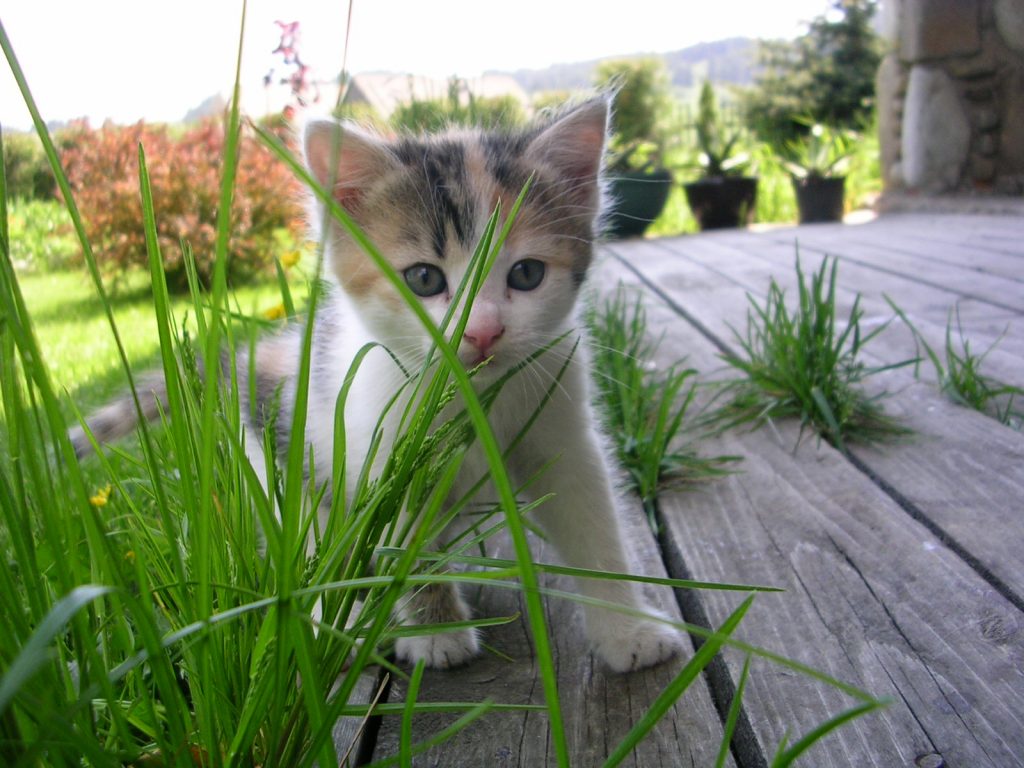Most, if not all people who own a dog have heard about kennel cough
However, did you know that cats can also suffer from this highly contagious bacterial infection?
Bordetellosis, as it is also referred to, can also affect cats causing mild to extremely severe respiratory problems.
Kittens and younger cats are more vulnerable because their immune systems are developing.
Older cats with weak immune systems can also be affected by this highly contagious disease which can be fatal, if left untreated!

What are the Symptoms of kennel cough in cats?
The symptoms of kennel cough in cats typically include
– Developing a fever
– Sneezing a lot
– Nasal and ocular discharge, which can last up to 2 weeks
– Loss of appetite
– Enlarged lymph nodes
Young kittens are particularly vulnerable and if they do contract the disease, and are left untreated, may even die within 12 hours of the catching initial infection.
Can Dogs Transmit Kennel Cough to Cats?
Yes.
This is because it’s the same bacteria that infects both dogs and cats, therefore it can be transmitted between the two.
Dogs that are infected with the kennel cough bacteria can transmit it to cats and visa versa.
Also, since the bacteria is air born, it can be transmitted from animal to animal very easily.
If a dog sneezes or barks, the bacteria is in the air, and can infect other animals nearby.
Can My Cat Be Vaccinated Against Kennel Cough
While there is a vaccine available for Feline bordetellosis, it’s usually given to cats and dogs who regularly come into contact with lots of other animals, namely in catteries or boarding kennels.
It’s usually a requirement of catteries and boarding kennels to have your pet vaccinated up to date against kennel cough.
As such it is not one of the vaccinations that a cat would be given if the pet lives on its own in a home environment.
However, a cat or dog can pick up kennel cough by drinking from a puddle that another infected animal has had a drink from.
What to do if my cat gets kennel cough
If you notice any of the symptoms we talked about earlier, and you believe it could be the start of kennel cough, then you need to isolate your cat from any other animals you may have in your home immediately
This is to prevent the bacteria from spreading to them as well.
Next, call your vet immediately, and discuss the symptoms with them.
They will likely want to see your cat, but request the cat is left outside in the car, and the veterinarian will come out and inspect the cat outside – again, this is to prevent infecting other nearby animals.
Your vet will normally prescribe some antibiotics which they will base on how severe the infection actually is. If your cat has a severe infection, the vet may even put them on IV fluids to maintain their electrolyte balance. To help with the cough, your vet will also prescribe some sort of expectorant or cough suppressant.
Your cat will likely go off their food when they are suffering from the condition which can be a problem because they will be on antibiotics and need to eat.
Feed them on highly nutritious pet food or their favourite food which if you warm up slightly will make it more palatable to them.
